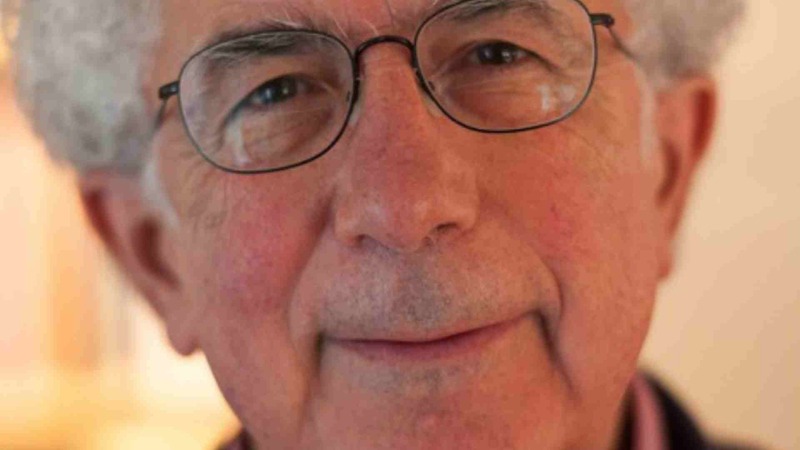You are viewing your 1 free article this month. Login to read more articles.
Faber chair Page says he is 'confident' publishers will adapt to AI
Stephen Page, Faber and Faber chair, has said that he is "confident" publishers will find their way with AI, adding that "technology usually amplifies publishing".
In a public lecture delivered at the University of West London on Thursday 9th November, Page reflected on the "five revolutions" that publishing has undergone over recent decades and how the book trade can rise to future challenges instead of being "swept up" in them. He said that human, intellectual, social and financial capital are "at the heart of what has made publishing endure" and will be essential in future challenges like AI.
"Publishing is innately revolutionary in its makeup," Page said. "It takes the ideas that will change society [and] makes them public through putting them into the world."
He discussed how publishers adapted to everything from high street expansion and the growth of shelf space to the emergence of branding and marketing for books. Page explained that this "professionalisation of bookselling" was followed by two further revolutions that happened at the same time. One of these saw publishers walking away from the net book agreement that made price a tool and allowed supermarkets to "aggressively" enter the book market. "As a result, independent booksellers started to go out of business," Page said, "and pressure started to rise on these big chains who had loads of space." He also added that bookshops became bigger during this time.
With the arrival of Amazon came the third revolution in the industry, signifying the arrival of online books and bookselling. Page identified the next revolution as the emergence of e-books, which gave rise to various questions around copyright, royalties and legality.
The fifth revolution started in 2012 and ran until the end of the pandemic. Page said there had been a decrease in shelf space with the closure of various bookshops and retailers and a rise in e-book sales, leading to various predictions about the extinction of print. As James Daunt took over Waterstones, Page said that there was a big shift in the industry as the retailer stopped competing with mass market and ceased viewing price as a "major lever".
According to Page, the emphasis shifted onto the value offered by books and Daunt encouraged publishers to improve the design of their titles. He said that this model was "replicated by the extraordinary rise of new independent booksellers" and led to a resurgence in bookshops. Print did not see the predicted decline, he added, and was bolstered by the rise of social media and influencers who highlighted the value of the physical book.
Page also said that the fifth revolution also included audio and a "new moment in writing" with the emergence of millennial and Gen Z writers. He identified that as one of the most exciting times to work in the industry.
Page touched on AI at the end of his speech, saying that "we will find our way with it" as an industry. He added that it will be key for publishers to operate as "more than simply capitalist institutions trying to maximise profits" in approaching technological challenges going forward. Page concluded his talk by saying that publishers will need to "be the revolution as much as to cope with revolution" in the future.


















